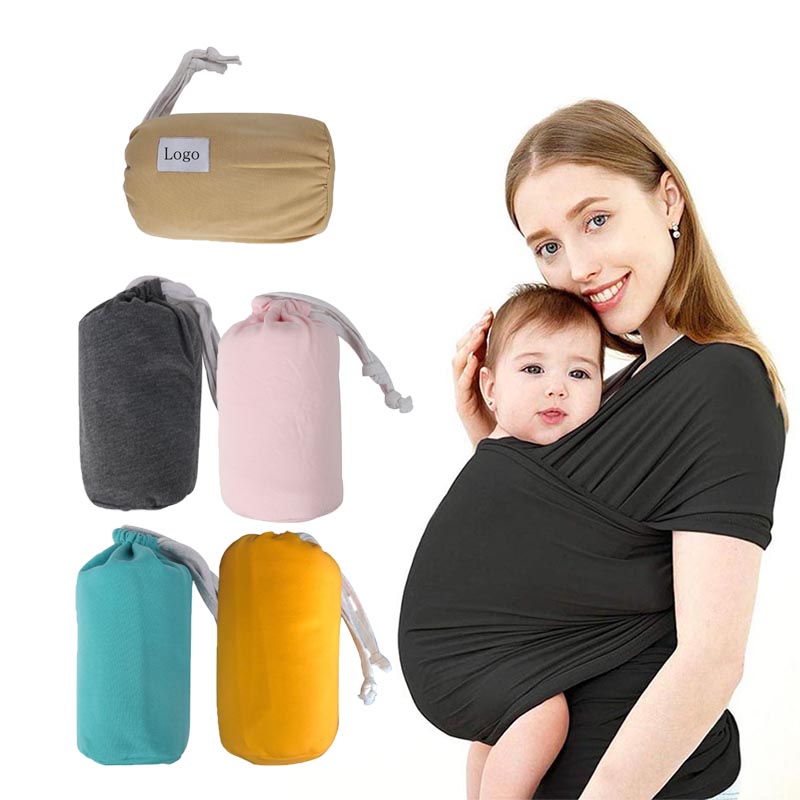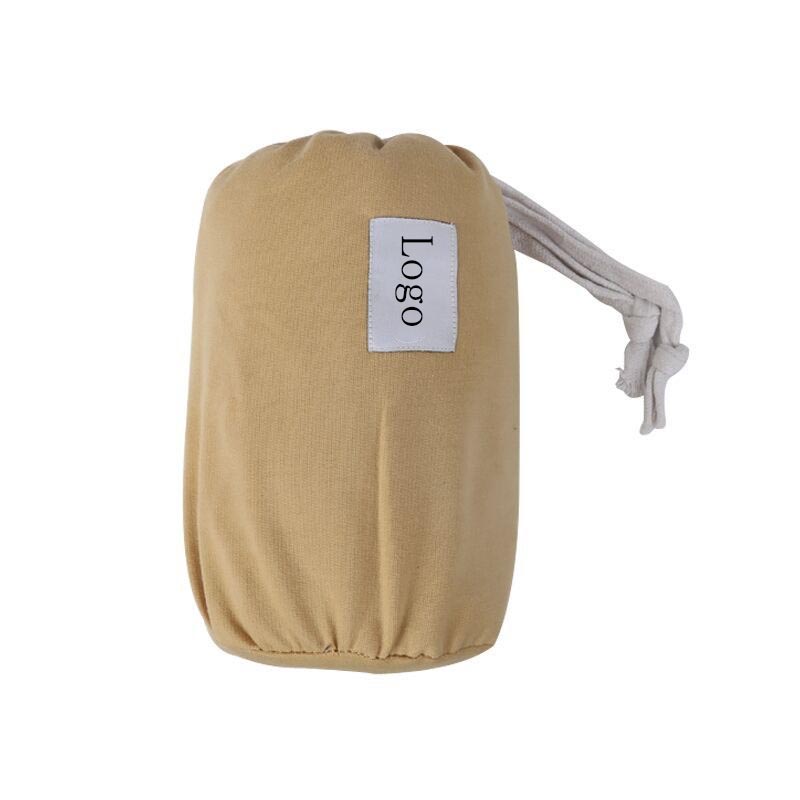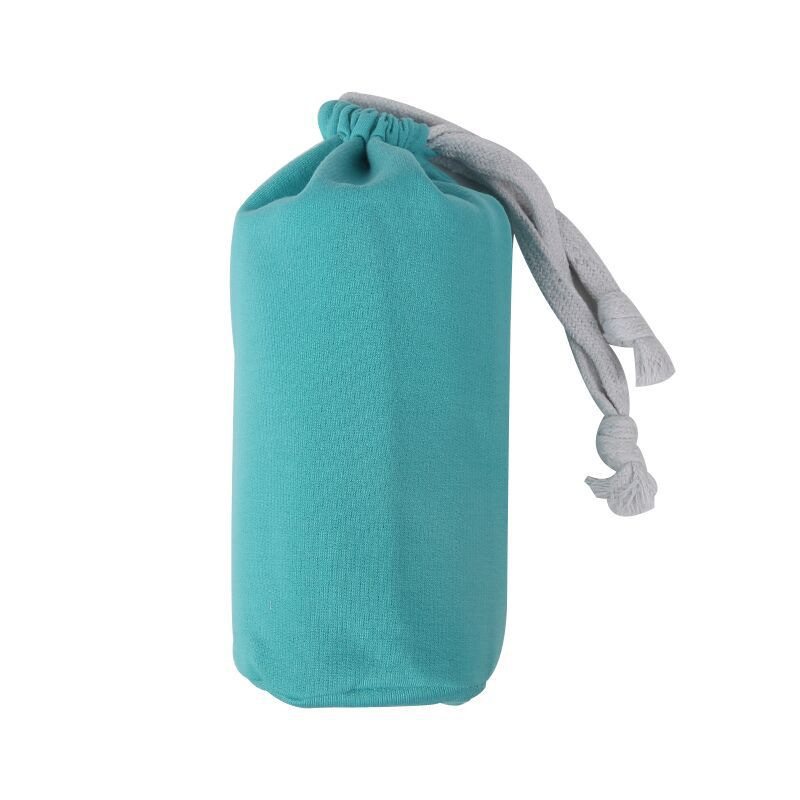An Insider’s Take on the Baby Carrier Market in 2025
I’ve tested more carriers than I can remember, and—honestly—the good ones fade into your day. No pinching straps, no sweaty back, just hands free and baby calm. This model’s tagline sums it up neatly: “Ergonomic design, breathable and comfortable, multi-point adjustment, safe and stable, free your hands easily and accompany your baby closely.” That’s the promise; let’s see how it holds up in the real world.

What’s trending right now
- Ergo-first designs with proper hip support to meet pediatric guidance [1].
- Air-mesh and recycled fibers for hot climates and sustainability cred.
- Modular fit: newborn inserts out, toddler panels in—one carrier for years.
- Lab-tested hardware and dye safety, not just marketing fluff [2][3].

Specs that matter (and why)
On paper is one thing. On a squirmy six-month-old is another. Here’s the breakdown I verified with the factory and spot checks.
| Model | Baby Carrier (multi-position) |
| Materials | Cotton blend + 3D air-mesh; OEKO-TEX® tested fabrics ≈ |
| Weight range | ≈3.5–20 kg (real-world use may vary by body type) |
| Carry positions | Front-inward, front-outward, hip, back |
| Buckles & webbing | Acetal buckles; 25–38 mm thick webbing; bartack reinforcements |
| Ventilation | Mesh panels on torso and straps |
| Certifications | ASTM F2236, EN 13209-2 compliance; CPSIA, OEKO-TEX® component testing |
| Service life | ≈2–3 years typical family use |
| Care | Machine washable, cold; line dry |

How it’s made (short version)
Materials sourcing → CAD cutting → multi-layer stitching (with 42-stitch bartacks on load points) → edge binding → buckle installation → load testing (static 3× rated load; dynamic cycle 5,000 reps) → chemical tests (lead, phthalates per CPSIA) → final inspection → polybag/box. The hip panel and lumbar pad are foam-laminated for weight distribution. Honestly, this is the boring part—until it isn’t. Poor stitches snap; good ones don’t.
Test data snapshot: webbing tensile >1,200 N; seam slippage

Where it shines
– School runs, grocery dashes, airports (hands free, stroller optional).
– Hot-weather walks—mesh helps, though nothing beats shade and breaks.
– Newborn snuggles (with proper head support) and toddler back-carries. Many customers say naps “just happen,” which seems about right.

Customization for retail and brands
- Private label: logo patches, zipper pulls, woven labels.
- Fabrics: organic cotton, recycled PET mesh, GSM options.
- Colors/prints: seasonal drops; low-bleed dyes.
- Packs: gift box, hangtag, multilingual IFU; barcode/lot traceability.

Vendor comparison (2025 snapshot)
| Vendor | Strengths | Lead time | Certs | Customization |
|---|---|---|---|---|
| FactoryPyjamas (Baby Carrier) | Ergo fit, breathable mesh, fair MOQ | ≈25–35 days | ASTM/EN, CPSIA, OEKO-TEX® | High—colors, fabrics, packaging |
| Brand X (Global) | Premium finishes, wide retail support | ≈40–60 days | Broad global suite | Medium; higher MOQs |
| Brand Y (Boutique) | Small-batch, artisanal fabrics | ≈30–45 days | Selective | High; limited capacity |

Quick case notes
Case A (EU retailer): Needed EN 13209-2 documentation and OEKO-TEX® components; switched to recycled mesh and sold out a summer drop in six weeks.
Case B (Clinic program): Maternity classes used the Baby Carrier for hands-on demos; reported reduced parent anxiety and better latch positioning guidance.

Origin and logistics
Origin: Room 19-1907, Ximeihua Street Building, No. 8 Huifeng Road, Qiaoxi District, Shijiazhuang City, Hebei Province. Typical carton: 10 pcs, ≈8–10 kg, export-ready. To be honest, freight swings—get a fresh quote.

User feedback (the good, the nitpicks)
- “Back support is legit; no shoulder burn on long walks.”
- “Mesh helps in heat, though darker colors feel warmer.”
- “Outward-facing seat is comfy for short stints; inward for naps.”

Standards and references
Compliance and safety aren’t optional: ASTM F2236 (US soft carriers), EN 13209-2 (EU), CPSIA for chemicals, OEKO-TEX® for textiles. If your use is clinical or institutional, ask for batch test reports and a QMS summary—it’s worth it.
Clothing and Knitted Children’s Clothing ManufacturersWith over 11 years of experience in manufacturing and exporting high-quality apparel, we specialize in baby & toddler wear, adult clothing, pajamas, T-shirts, and other knitted garments. childrens clothes manufacturerFrom the very beginning, our founder envisioned building a century-old enterprise, and this long-term vision drives us to uphold the principles of “Quality First, Reputation Above All.”Our factory has a professional foreign trade sales team, clothing designers, pattern makers, cutters, sewers, irons, quality inspectors, and packaging and shipping. wholesale childrens clothing manufacturersTogether, we work meticulously at every stage—from design and sampling to production and packaging—ensuring top-tier quality and efficiency.childrens clothing supplier WHY CHOOSE US?Our company has its own factory with strong production capabilities. Allproducts undergo strict quality inspections and hold industry certifications suchas CPC, GOTS, BSCl, OEKO, Reach, AZO to ensure that product quality andsafety meet standard requirements.knitted garments manufacturers